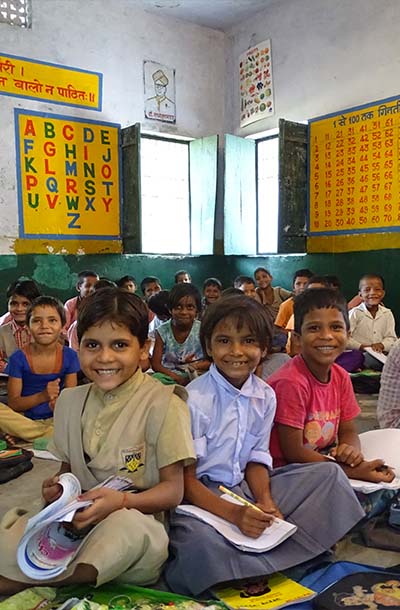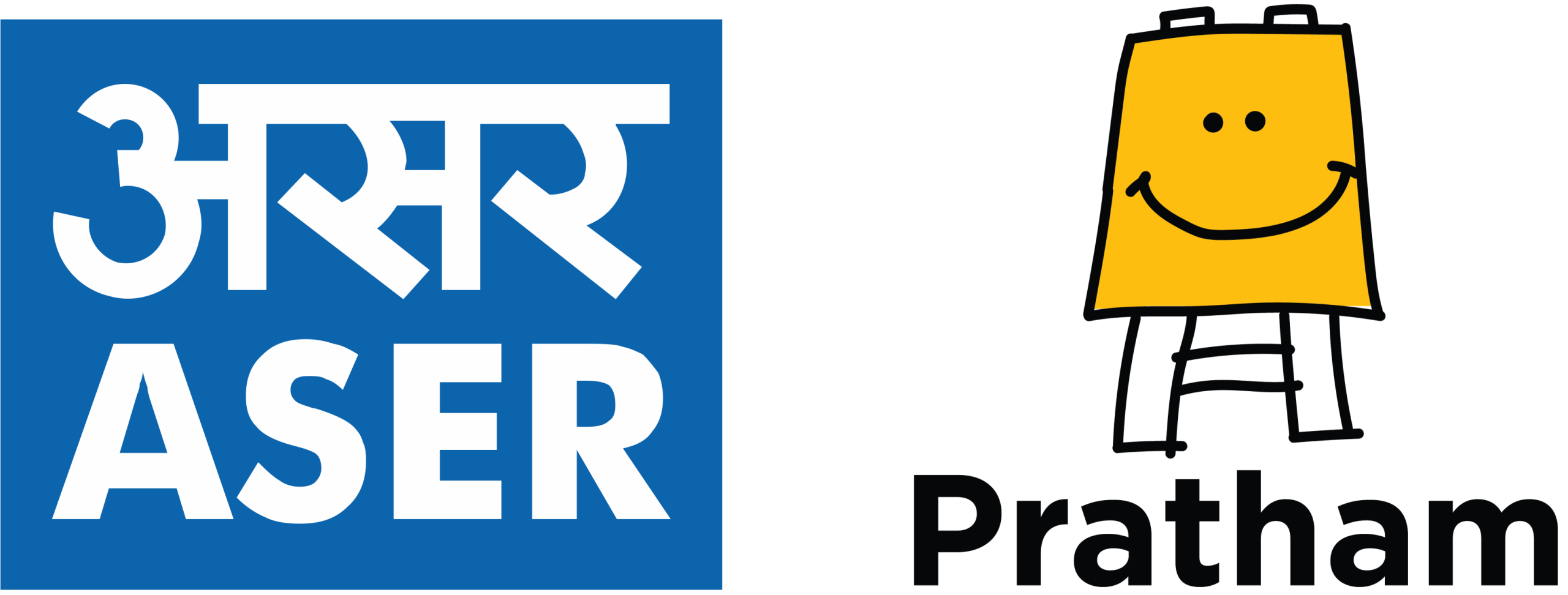Research
India Early Childhood Education Impact Study
The India Early Childhood Education Impact (IECEI) study is a collaborative, three-tier research study that brings together elements of quantitative and qualitative inquiry to the understanding of ECE in rural India. Conceived as a
five-year longitudinal study (2011-2016) of a cohort of four year olds across three major Indian states, the study examines the impact of early learning, socialisation and school readiness experiences in preschool settings on
educational and behavioural outcomes along the primary stages. The large scale quantitative survey component of the study was anchored by ASER Centre while the Centre for Early Childhood Education and Development, Ambedkar University was responsible for conducting a quasi-experimental survey as well as a comprehensive assessment of quality. The study was conducted in two districts each of three states in India – Rajasthan, Assam and
Telangana – and fills some major gaps in our existing knowledge about young children in India. Its overall objective is to examine the nature of young children’s participation in pre-primary facilities, and to explore the relationship between participation in these programs, children’s school readiness and subsequent learning in primary grades.
Duration: 2011-2016
Partners: UNICEF and the Centre for Early Childhood Education and Development (CECED), Ambedkar University
Location: Ajmer and Alwar (Rajasthan); Dibrugarh and Kamrup (Assam); Medak and Warangal (Telangana)
Duration: 2011-2016
Partners: UNICEF and the Centre for Early Childhood Education and Development (CECED), Ambedkar University
Location: Ajmer and Alwar (Rajasthan); Dibrugarh and Kamrup (Assam); Medak and Warangal (Telangana)
Documents:


